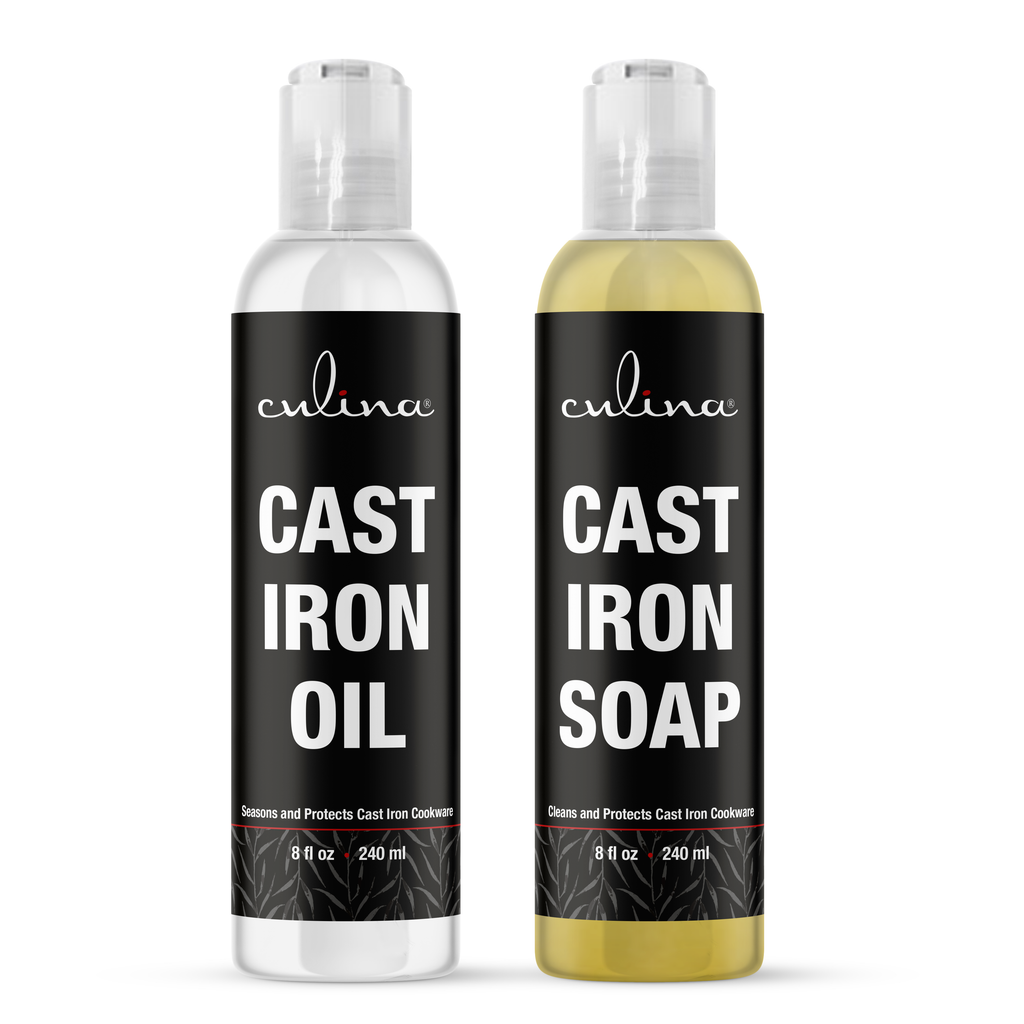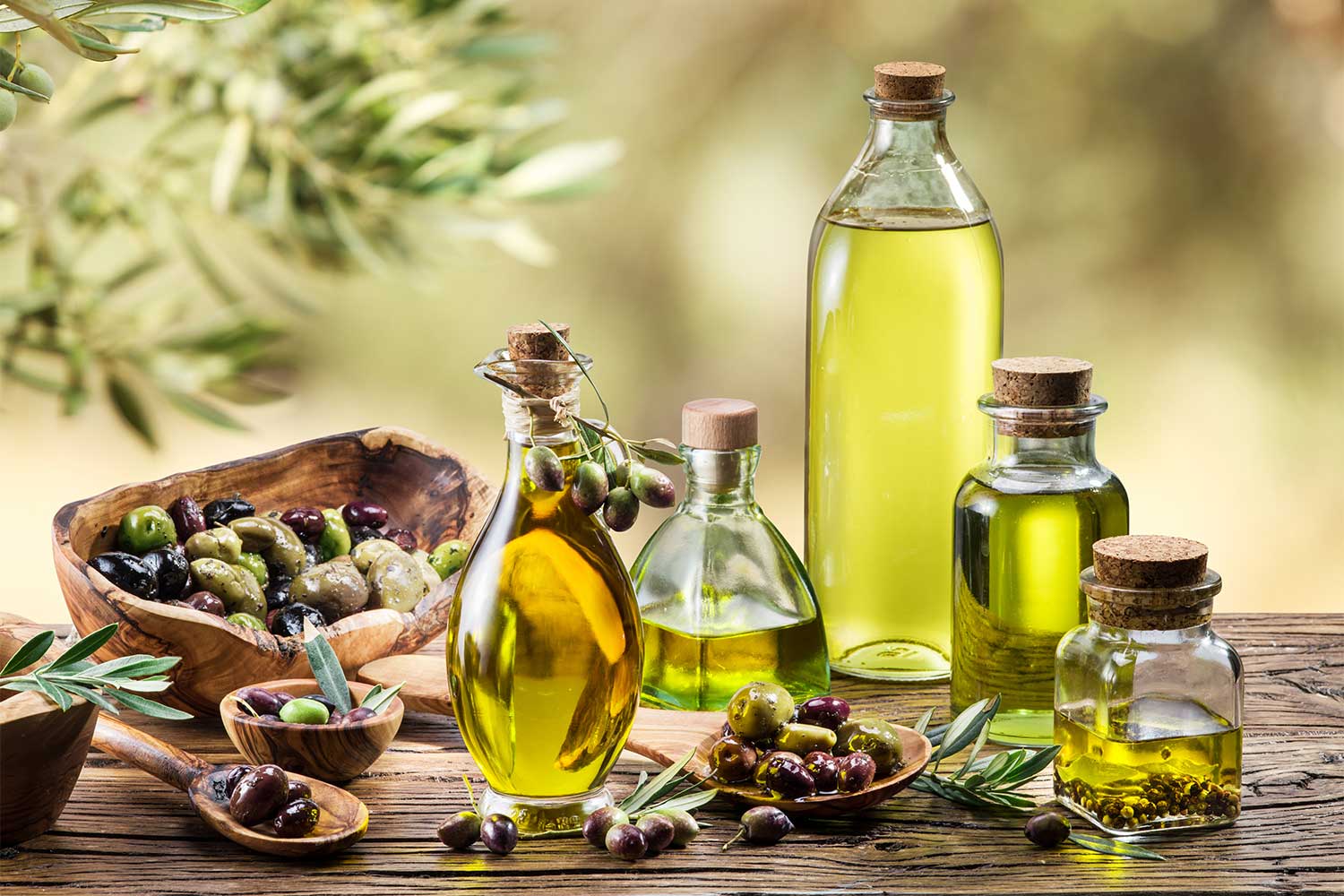Why You Shouldnt Cook with Olive Oil: Uncovering the Risks
When it comes to cooking oils, olive oil often tops the list as a healthy choice. However, recent discussions have raised eyebrows about the safety and suitability of using olive oil for cooking. In this article, we'll delve into why you shouldnt cook with olive oil and highlight some essential considerations for those who value their health and wellness.
As a beautician, your health is vital not just for you but also for your clients. Understanding the implications of your cooking choices could influence broader lifestyle choices, creating a ripple effect in your beauty practices and holistic approaches.

The Science Behind Olive Oil
Olive oil, especially extra virgin olive oil, has long been praised for its health benefits. Rich in monounsaturated fats and antioxidants, it's frequently recommended in Mediterranean diets. However, its properties can change dramatically when subjected to heat. When you cook with olive oil, especially at high temperatures, you risk altering its chemical structure and negating its benefits.
Moreover, the way olive oil is processed matters. Many olive oils on the market are refined, which can strip away many of the beneficial compounds. To better understand these processing methods, check out what is refined olive oil.

Why High Smoke Points Matter
The smoke point of an oil is the temperature at which it begins to produce smoke. Beyond this point, the oil doesn't just smoke; it also breaks down and can produce harmful compounds. Generally, olive oil has a relatively low smoke point compared to other oils.
For instance, extra virgin olive oil has a smoke point around 375-410F while refined olive oil might reach about 465F. When cooking at high temperatures, such as frying or sauting, it's crucial to consider the smoke point. Consult resources like what is the smoke point of olive oil for a detailed analysis.
:max_bytes(150000):strip_icc()/__opt__aboutcom__coeus__resources__content_migration__serious_eats__seriouseats.com__images__2015__03__20150320-cooking-olive-oil-vicky-wasik-3-3666952dafbb4a7ebacbe27d17f469bc.jpg)
Health Risks Associated with Cooking Olive Oil
Cooking with olive oil at high temperatures can lead to the formation of free radicals and toxic compounds. Free radicals are unstable molecules that can cause cellular damage, leading to various health problems. This is particularly concerning for beauticians whose focus is entirely on health and wellness.
For your clients, using olive oil in cooking may lead to inflammation and oxidative stress. Its essential to recognize that the oil's potential benefits can quickly turn sour when exposed to heat. Instead, consider using olive oil drizzled on salads or in dip recipes where it's not heated.

Alternatives to Olive Oil
So if olive oil may not be the best choice for cooking, what alternatives can you use? Consider opting for oils with higher smoke points such as avocado oil, which has a smoke point of around 520F or refined vegetable oils that offer versatility in cooking types and methods.
Experiment with different oils for various dishes, but always check their smoke points. Create culinary delights that are not only delicious but safe for consumption!
Beauty Begins in the Kitchen
As a beautician, you understand that beauty isnt just skin deep; its a comprehensive approach to health. Encouraging clients to modify their cooking habits can improve their skin, hair, and overall well-being. Cooking with high-quality oils that suit their cooking methods is crucial in this journey.
Our skin health directly correlates with what we consume. Therefore, opt for oils that align with health-promoting factors. Understanding what does olive oil do for your body can help refine this focus.
Conclusion
In summary, while olive oil can be a valuable part of your diet when used appropriately, it may not be suitable for all cooking methods. As a beautician, your choices in the kitchen impact not just your health but also the well-being of your clients.
To align your culinary practices with safe health standards, explore oils that support your cooking style while upholding your beauty regimen priorities. Choose wisely, cook safely, and focus on holistic beauty!
FAQs
- Can I use olive oil for baking? - Yes, you can use olive oil for baking, but be sure to monitor the temperature to avoid reaching its smoke point. For tips, refer to using olive oil.
- What type of olive oil should I use? - Extra virgin olive oil is best for dressings or drizzles, whereas refined types can be used at higher temperatures, as explained in cold-pressed olive oil.
- What oils are best for cooking? - Oils like avocado, coconut, and grapeseed oil make great alternatives to olive oil when cooking at high heat.
As an Amazon Associate, I earn from qualifying purchases.

